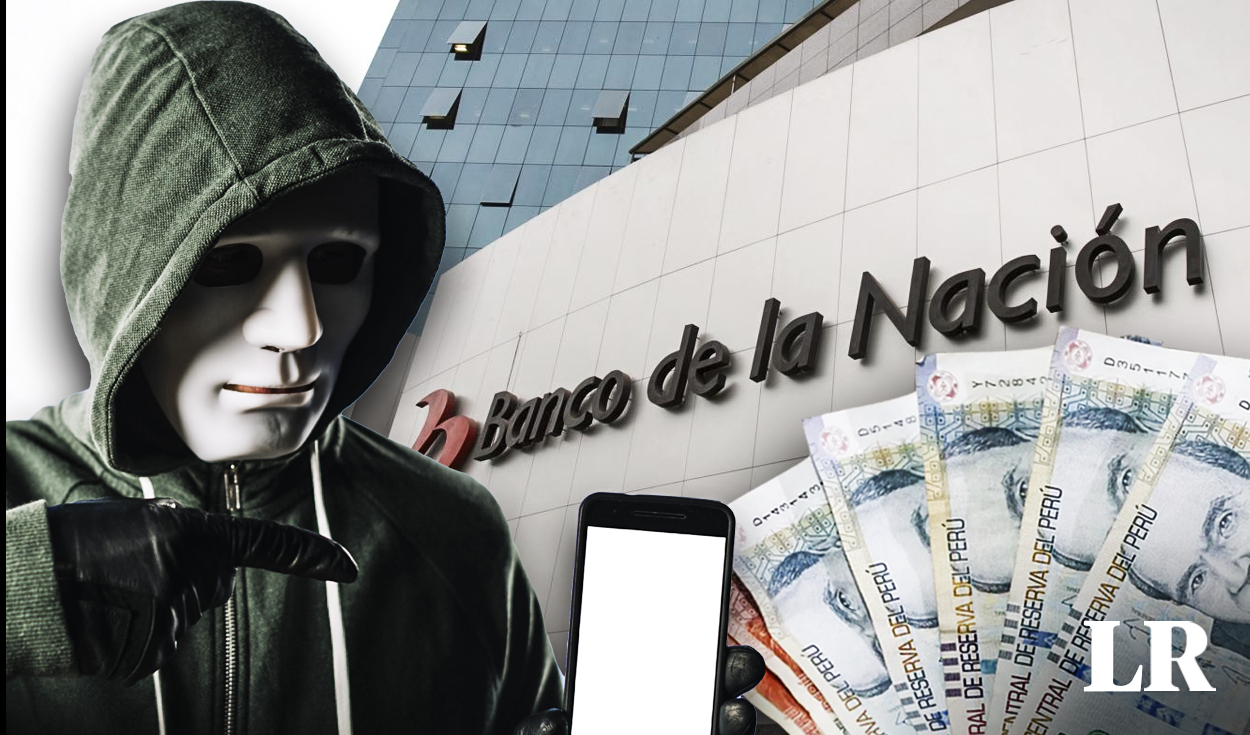
In a recent warning issued by the Banco de la Nación, the national financial institution has alerted its clients and the general public about a scam that is spreading in the country. Criminals, posing as bank officials, seek to obtain some type of financial benefit.
The institution has been emphatic in stating that under no circumstances does it request money from its clients through telephone calls. Below, we detail how this type of scam operates and the bank’s recommendations to avoid it.
What is the new type of scam that the Banco de la Nación warns about?
Criminals, posing as bank officials, have contacted individuals promising financial benefits and other legal rights in exchange for an initial deposit supposedly intended to cover “taxes” or to “speed up procedures”.
Scammers, to gain the trust of customers, even mention the name of a Banco de la Nación official as a contact. This practice violates the financial security of the victims and forces the Banco de la Nación to establish stricter security protocols.
Banco de la Nación: what should you do if you are in this situation?
He National bank has provided several recommendations to avoid falling into these traps. First, it highlights the importance of not responding or making payments to unverified requests.
Additionally, the bank urges citizens to report any scam attempts to the relevant authorities, as well as to contact its fraud prevention hotline to report suspicious incidents or receive additional guidance.
What is the fraud prevention line of Banco de la Nación?
To strengthen the fight against this type of fraud, Banco de la Nación has established a fraud prevention hotline: (01) 519-2000, annex 93120. This line is not only used to report suspicious activities, but also to request information and receive advice on how to handle situations involving potential fraud.
What other type of scam has the Banco de la Nación warned about?
The Banco de la Nación has also warned about a recent fraud scheme involving the WhatsApp application, where criminals pose as bank representatives to access users’ critical personal information.
Through private messages on WhatsApp, these impostors, posing as bank employees, ask users for personal details such as their ID number, bank account number and other sensitive data.
The fraudulent messages inform recipients that they are part of a Banco de la Nación initiative and ask them to share their personal data to qualify for a non-existent “mini business bonus.” In case users are reluctant or ask additional questions, scammers try to convince them that if they do not provide the required information, they will lose the opportunity to obtain the supposed benefit.
Source: Larepublica
Alia is a professional author and journalist, working at 247 news agency. She writes on various topics from economy news to general interest pieces, providing readers with relevant and informative content. With years of experience, she brings a unique perspective and in-depth analysis to her work.












